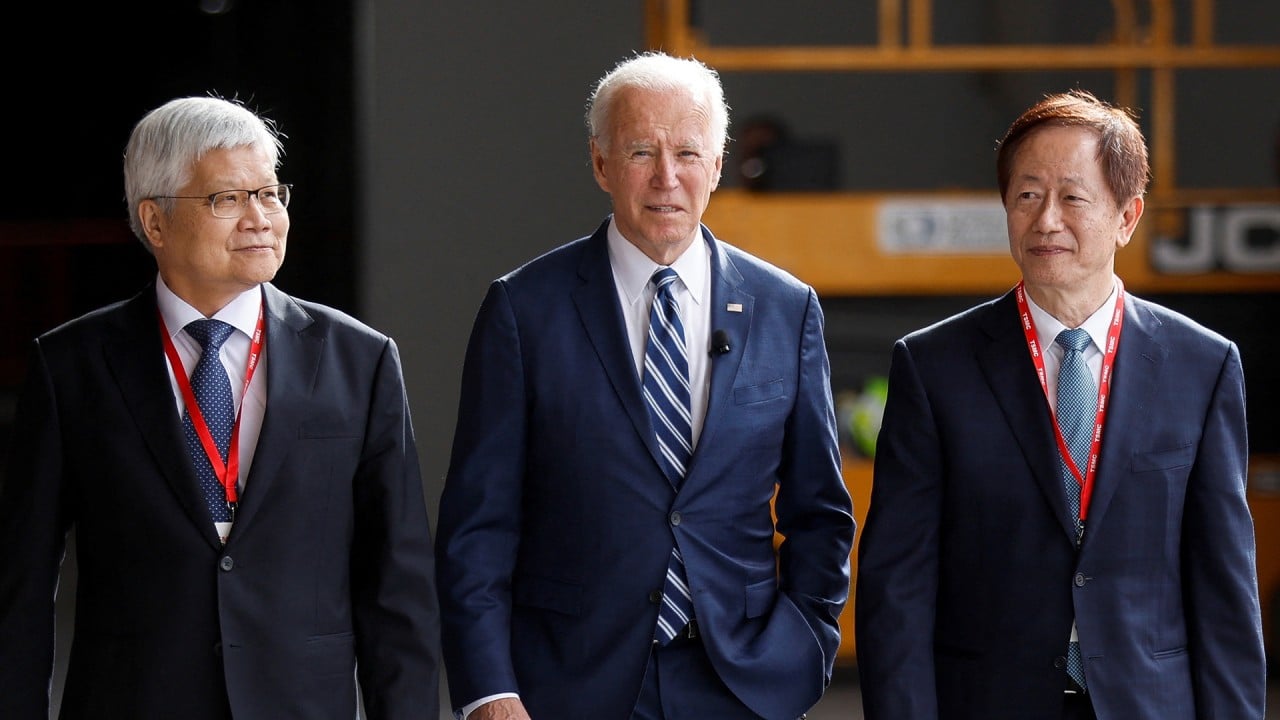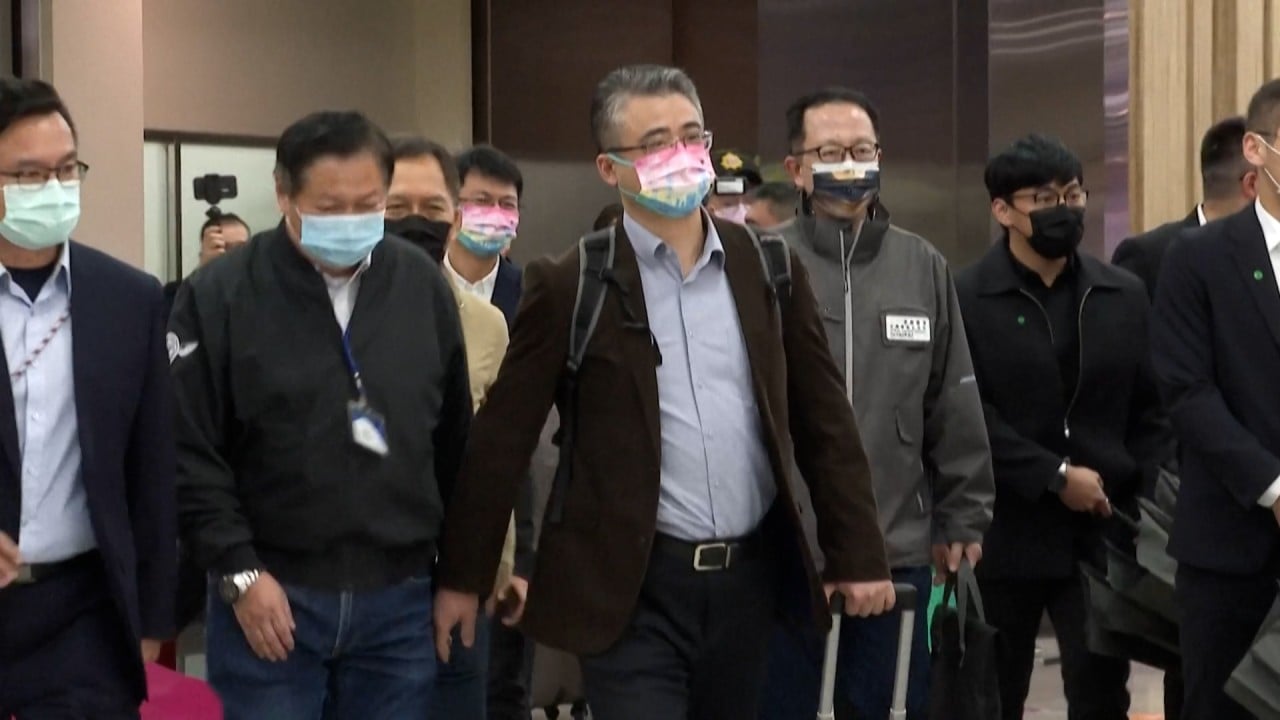
To avert war over Taiwan, a Sino-US joint declaration may be needed
- As was the case with the negotiations with Britain over Hong Kong pre-1997, China could agree to sidestep Taiwan’s political status in talks with the US to explore what impact reunification would have on American and Chinese interests
These US actions are also seen as encouragement to separatist elements in Taiwan, rendering peaceful reunification increasingly difficult and unlikely. In 2005, China passed its Anti-Secession Law which stipulates the use of force where there is no hope of a peaceful resolution of the issue.
The US has to understand that to bring Taiwan back into China’s fold is not just the aspiration of one man, but the demand of 1.4 billion Chinese people. One way or another, President Xi will achieve this. The question is not when, but how.
Beijing’s determination to retake Taiwan may be hard to understand for people outside the country. But it is no different from the US government deciding to take back Hawaii by force if Confederate general Robert Lee had staked out the island after his defeat in the American Civil War.
Understandably, many in the US would find this unacceptable. Staying at the top in world affairs, maintaining its technology and military edge, and ensuring the US dollar remains the premium world trade and central bank reserve currency are all a matter of life and death to many in the US leadership.
There would be war between the US and China only if Beijing has no alternative but to use force and the US decides to intervene. This should be, and can be, avoided.
The question is, can China achieve reunification, and the US get to keep its predominant global position at the same time? The truth is, the two do not have to be mutually exclusive. Both sides should talk it out.
The crux of this suggestion is for China and the US to sidestep the political status and future of Taiwan, focus on jointly exploring the consequences of a Taiwan under China’s central government and the impact this would have on US and Chinese interests, and then work together to resolve any problems and concerns.
A war between the US and China would be catastrophic – and it is not inevitable. General Minihan prefaced his remarks by saying: “I hope I am wrong”. There is no lack of understanding that war is good for no one. We just have to find a way to avoid it.
Shiu Sin Por is executive director of New Paradigm Foundation and former head of the Hong Kong government’s Central Policy Unit



